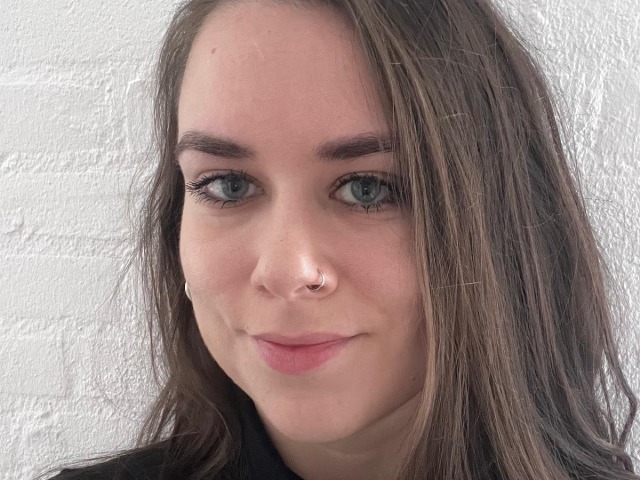Studying Anthropology in Groningen (2)
| Date: | 28 November 2024 |

Hello! My name is Ľubomíra. I am from Slovakia where I did my Bachelor in Philosophy. I also did another Bachelor in English Language and Literature in the Czech Republic. At the moment, I study at RCS, and I really like it! It feels like a very familiar, supportive, and encouraging environment. Lecturers are helpful, adapt to students’ needs, and genuinely care about how they are doing. There is a strong emphasis on bringing your unique perspective into assignments and discussions.
I followed three courses at the faculty of Religion, Culture and Society. Religion, Conflict, and Globalisation gave me an overview of the various ways I could direct my research within the field of religion, as each week was dedicated to a different aspect, such as globalisation, gender, and migration. Through this course, I also learned how to write an academic review. When following Religion, Gender, and Sexuality: Anthropological Perspectives, I enjoyed having discussions and reading texts on various expressions of gender and sexuality across different geographical regions. We also examined these themes through the lens of different religious traditions. In the Religion, Violence, and Conflict Transformation course, we discussed various forms of religious fundamentalism and strategies for conflict resolution. We also took an in-depth look at the nature of conflicts in regions such as South America and Northern Ireland. Guest lecturers also brought fascinating perspectives that enriched the discussions. I believe I will draw on what I learned in this course for a long time to come.
We live in a world with many conflicts, uncertainties, and an overwhelming surplus of information, much of which is unverified or intentionally manipulated to provoke reactions. Religion is, whether implicitly or explicitly, a significant part of culture and politics, which means it inevitably affects our personal lives, whether we acknowledge it or not. This is why I believe studying the anthropology of religion is crucial. It provides deeper insight into the profound impact religions have on our cultures and governance, helping us better understand the challenges of today’s world.

